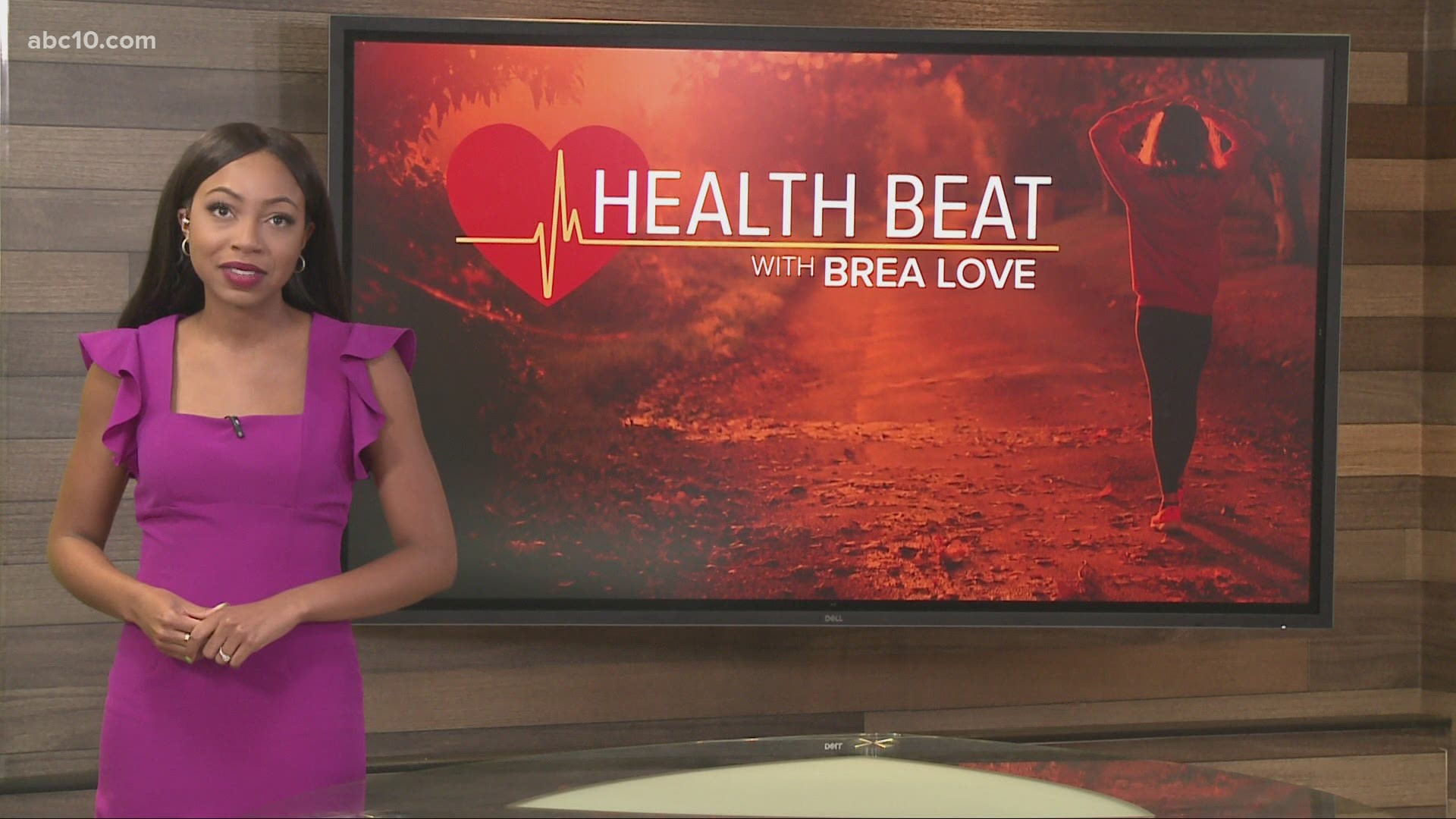SACRAMENTO, Calif. — June is PTSD awareness month. Post-Traumatic Stress Disorder (PTSD) typically occurs in people who have witnessed a traumatic event. Those events could be a natural disaster, a serious accident or war, among other things. For some it can impact your daily life.
Dr. Tam Nguyen with Sutter Health said that the pandemic has made things harder on people who deal with PTSD. Avoidance is the hallmark symptom for it and engaging is how you fix it. At one point, engaging during the pandemic was nearly impossible.
“[The pandemic] is asking us to stay away from people or a certain distance from others,” Nguyen said. “In some ways it reinforced avoidance as a primary safety mechanism. While it was really important for us all to adhere to those public health guidelines in response to COVID, it may have inadvertently or secondarily made for some people their PTSD symptoms worse and reinforce some unhelpful thinking patterns and some unhelpful behaviors.”
Nguyen said some people may have even developed PTSD during the pandemic. She said that is something that will have to be studied over time. Two to five percent of people are prevalent for it, but most people heal on their own.
If you think you might have PTSD, it’s best to talk to your doctor so you can figure out the care you need.
WATCH MORE FROM ABC10: How to practice brain health | Health Beat with Brea Love
The Alzheimer's Association want you to play mind games, do puzzles, and more to exercise your brain.

